SUMMARY
This is AI generated summarization, which may have errors. For context, always refer to the full article.
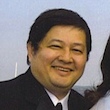 It was bound to happen and finally did.
It was bound to happen and finally did.
A basketball player in the NBA came out and said he is gay. Washington Wizards center Jason Collins became the first active professional athlete in a major American sport to admit to being gay.
His declaration has roiled the sporting world, but most of the reaction has been understanding and supportive.
My thoughts then drifted to the Pinoy sporting scene where the deeply ingrained machismo of playing a ”man’s” sport is symbolized in my generation by Robert Jaworski, the so-called legend of the professional Philippine Basketball Association (PBA).
Today, the biggest sporting hero in the country is 8-time world boxing champ and Congressman Manny Pacquiao. Both exude unalloyed machismo.
Since there is a certain percentage of a population which will be gay, even in the Philippines, coming out ala Jason Collins in the PBA would be an intimidating proposition.
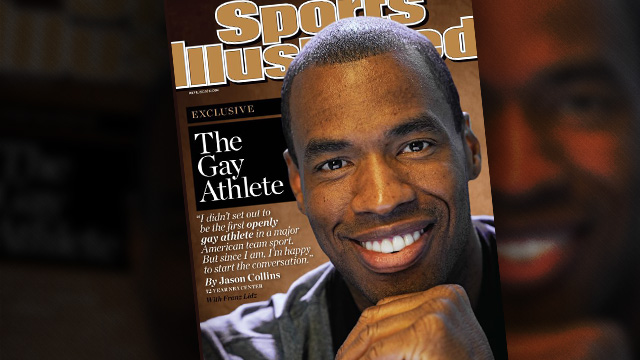
The abuse from fans, the snide putdowns by teammates, tasteless jokes on radio and TV, and insults by rival players could well be overwhelming.
Can you imagine the malicious howling from the stands when a gay player boxes out in the paint?
It is a sporting culture that I remember as viciously homophobic.
I can still remember the casual denigration of guys who are “bakla” (gay) and that they have no place when schools would form soccer or basketball teams.
There was also the way ladies were funneled into “women” sports and how Filipinas were warned, sometimes blatantly, against losing their “lady-like” qualities.
I could see and sense the same attitude when covering other sports as a writer. Basketball is a man’s game and if you cannot stand the rough edges of the sport, the not-so-subtle message was join a woman’s team.
Did that kind of reasoning make any sense? Hell, no.
But I think that’s the reason why no one will ever come out as gay in the PBA or any other sport in the Philippines.
That kind of attitude endures.
While covering the Philippine Congress in the late 1980s to early 1990s, we knew one particularly prominent lawmaker was gay. All of the reporters knew about the guy’s sexual orientation, but he never came out because the country would simply not accept a gay politician.
I remember interviewing former President Joseph Estrada and asked him about his reputation as a womanizer.
“At least hindi ako gaya ni (I’m not like),” and he alluded casually to his fellow politician who was passing by in the legislative lounge, clearly implying that being a ladies’ man is a lot better than being gay.
Jason Collins has a chance in the US because the culture is evolving and has become more accepting of people whose orientation is simply same sex. Collins is seen as a human being and the attitude now is live and let live.
That is not possible in the Philippines.
There is a certain meanness in the Philippines’ culture that looks on gays or lesbians as perverts or worse, treats these people with ridicule and contempt.
An athlete who comes out of the closet in the Philippines knows fully well the misery of such a decision. I wish the situation were different, but it is not.
Too bad. – Rappler.com
Rene Pastor is a freelance journalist who worked with the news agency Reuters for nearly 23 years. He is a graduate of the Ateneo de Manila University and is completing his Masters in International Affairs at the New School in New York. Rene is also a lecturer at Middlesex County College.
Add a comment
How does this make you feel?
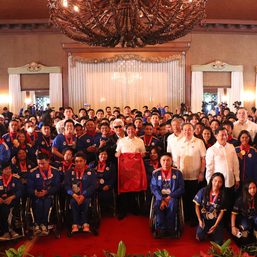
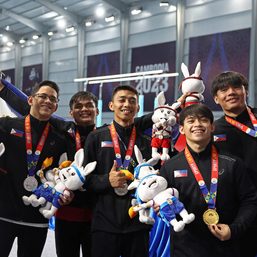
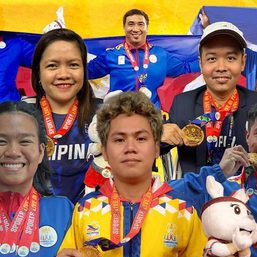
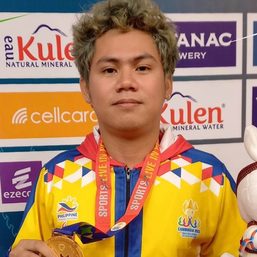
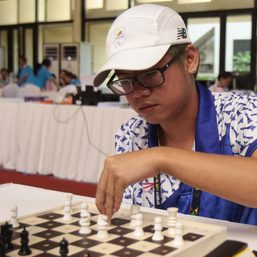
There are no comments yet. Add your comment to start the conversation.